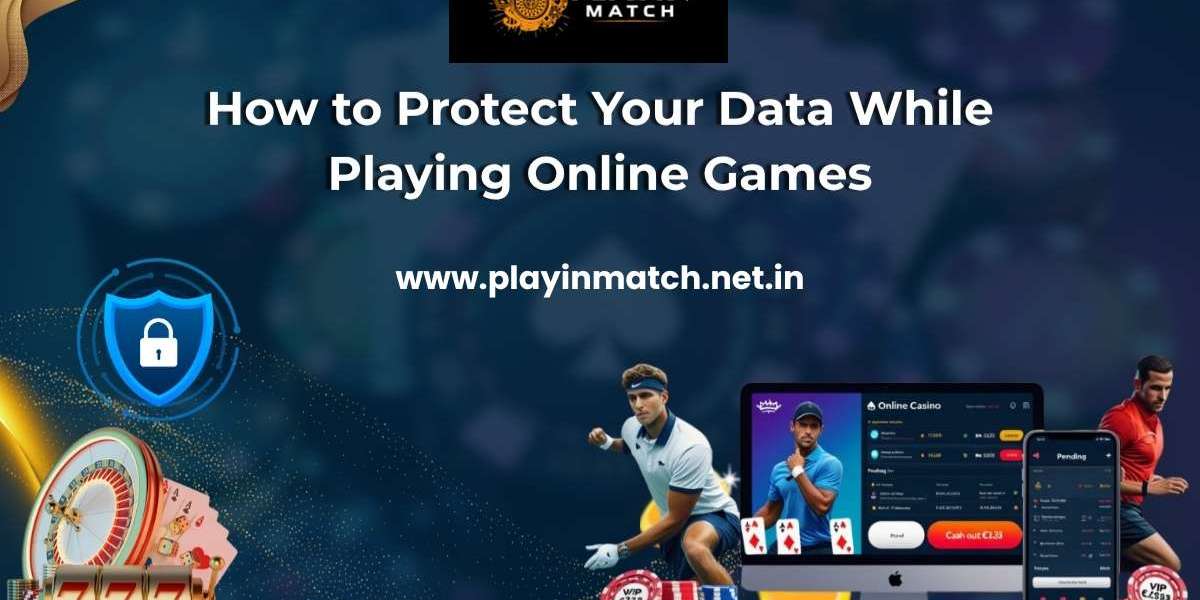1. Use Strong, Unique Passwords
Weak or reused passwords are easy targets. Use a mix of uppercase, lowercase, numbers, and symbols. Aim for at least 12–16 characters. Avoid using your real name or birthdate. Best practice: use a password manager to generate and store complex, unique passwords. This reduces risk across multiple accounts.
2. Enable Two-Factor Authentication (2FA)
2FA adds an extra layer of account security. It requires a code from your phone or an app, in addition to your password. Even if someone steals your password, they can’t log in. Platforms like Steam, Xbox, and PlayStation support 2FA.
3. Download Only from Official Sources
Avoid downloading games, mods, or cheats from unverified sites. These files may carry malware or spyware. Always use official stores or reputable platforms like Steam Workshop.
4. Choose a Safe Username; Guard Your Personal Info
Never include your real name, birth year, or location in your gaming username. Use a pseudonym or avatar instead of a real photo. Avoid sharing personal details in chats—even with trusted players.
5. Use Secure Networks and Consider a VPN
Public Wi-Fi can expose your data to hackers. Always use trusted networks when gaming. For extra safety, especially on public Wi-Fi, use a VPN. A VPN encrypts your data and masks your IP. It offers protection against tracking and DDoS attacks.
6. Keep Software and Devices Updated
Outdated software opens doors for attackers. Keep your operating system, games, anti-virus, and firmware up to date. Enable automatic updates when available.
7. Be Alert to Phishing and Scams
Phishing attempts are common. Avoid clicking links in unsolicited messages or emails. Never input your login details on pages outside the official domain. Scammers often pose as platform support—be cautious.
8. Monitor Your Account Activity
Review login history and purchase activity regularly. Platforms often provide logs with IP addresses, login times, and device info. Spot unusual activity early, change your password immediately, and report any unauthorized access.
9. Avoid Sharing Payment Details Directly
Use secure, official payment methods. Avoid linking debit cards when possible—credit cards or e-wallets like PayPal or Skrill offer extra safety.
10. Use a Separate Email for Gaming
Set up a fresh email account for your gaming accounts. Don’t reuse the one tied to your personal or financial data. This limits exposure if the gaming account is breached.
11. Limit In-Game Sharing and Privacy Settings
Review your gaming platform’s privacy and security settings. Restrict who can see your profile or send friend requests. Use private or guest profiles when possible.
12. Install Antivirus and Enable Firewalls
Install a reputable antivirus program and keep it active. Enable firewalls on all devices. This protects against malware, Trojans, and unauthorized access.
13. Block and Report Suspicious Users
If someone behaves inappropriately or asks for personal data, block them. Report the user to the platform immediately. Maintain a safe environment for yourself and the community.
14. Educate Yourself and Others
Stay updated with privacy tips and cybersecurity trends. Platforms like Playinmatch Official may share safety guides. Educate younger gamers or friends about the dangers online.
Summary Table: Quick Security Checklist
Security Action | Why It Matters |
Strong, unique passwords | Reduces risk from breached accounts |
Two-factor authentication | Adds a second verification layer |
Download from official sources | Prevents malware from untrusted files |
Anonymous username and no PII | Keeps your identity private |
Secure network or VPN | Protects data on insecure connections |
Regular updates | Fixes vulnerabilities before hackers exploit |
Beware of phishing attempts | Stops credentials from being stolen |
Monitor account activity | Detects unauthorized access early |
Secure payment methods | Protects financial details |
Separate gaming email | Limits exposure in case of breach |
Privacy settings | Controls who sees your information |
Antivirus and firewall | Blocks malware and threats |
Block/report suspicious users | Keeps the gaming space safe |
Stay informed | Keeps you one step ahead of threats |
Conclusion
Protecting your data while playing online games doesn’t have to be complex. With a few simple steps, you can secure your account, your device, and your privacy. Playinmatch Official recommends you start with strong passwords, 2FA, and safe download habits. Use VPNs, stay updated, be aware of phishing, monitor activity, and safeguard payments.
With diligence and smart habits, you can enjoy a safe, fun gaming experience. Play confidently. Stay secure.














